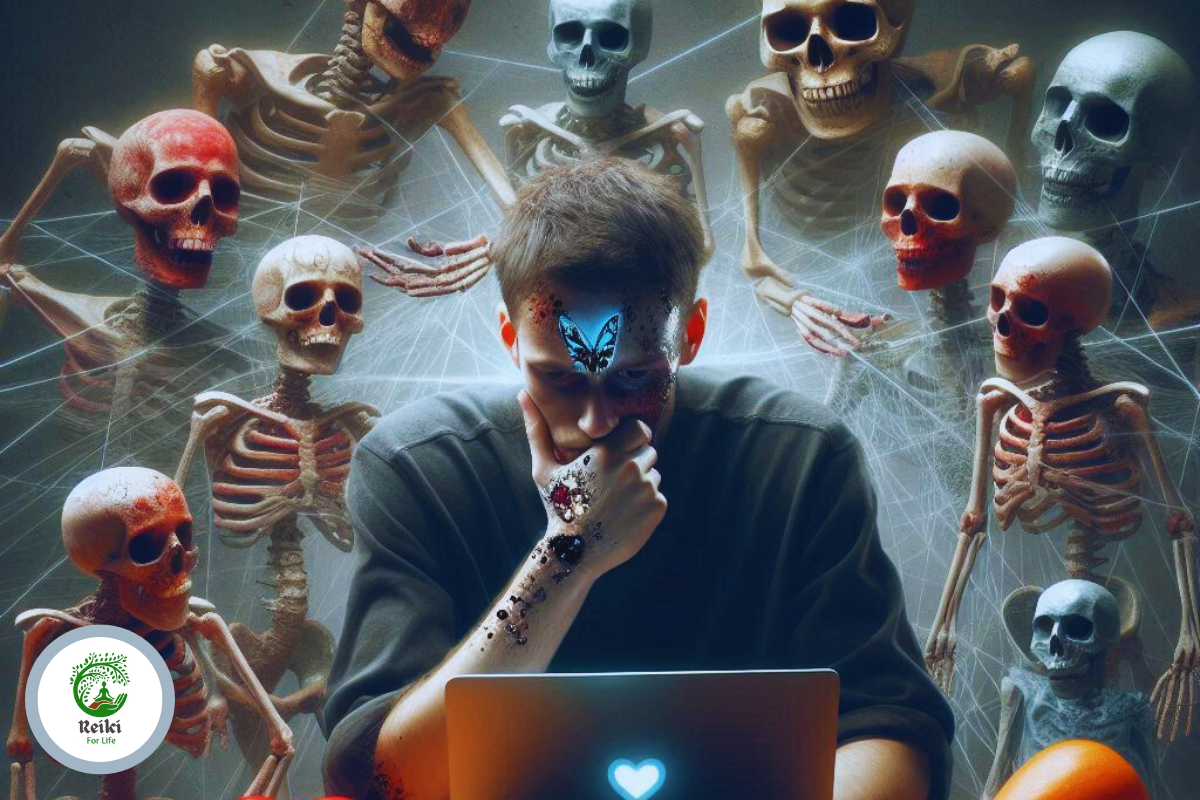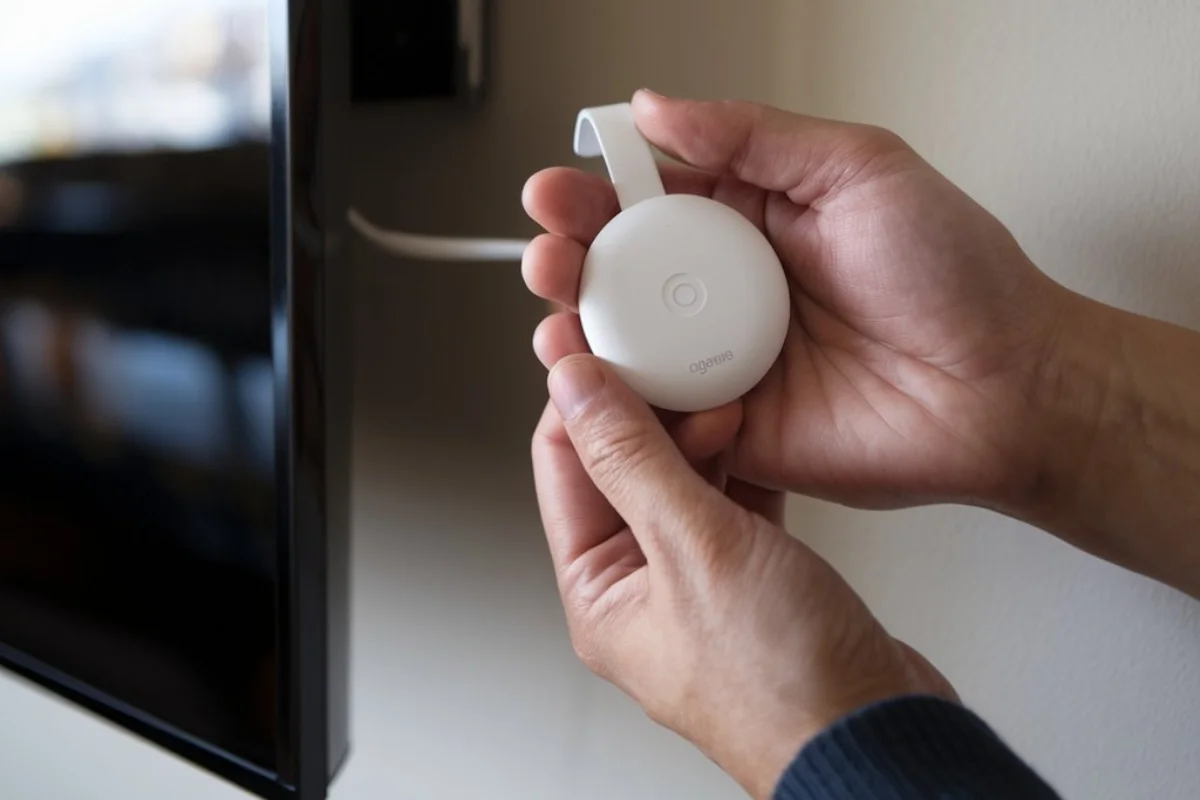Imagine a teen, their eyes aching from hours of screen time and their heart racing with anxiety, scrolling social media at two in the morning. As they swipe past images of “perfect” bodies and “successful” lifestyles, the screen’s harsh glow highlights their exhaustion. Meanwhile, their physical health deteriorates silently—strained neck muscles, heightened stress, and sleepless nights take their toll. These are just a few ways social media affects physical health using pathos, leaving unseen scars that many fail to recognize.
This isn’t just a story—it’s a reality for millions. Social media’s impact extends far beyond mental well-being; it seeps into physical health in profound ways, often unnoticed. Through a blend of emotional storytelling and relatable scenarios, this article will uncover seven ways social media subtly harms your body. Prepare for eye-opening insights that might change the way you scroll forever.
See Also: A Prayer for Healing: Faith as a Path to Recovery
How Pathos Is Used in Social Media
Appealing to people’s emotions in order to persuade them is known as pathos. It explains why watching a video of an abandoned pet makes you sad or a reunion clip makes you happy. Pathos is a powerful tool used by social media networks to draw users in and keep them reading.
How Pathos Affects Health Conversations Online
- Storytelling & Testimonials: You get an emotional connection from hearing firsthand stories of people conquering health obstacles.
- Images & Videos: Sad music, shocking visuals, and compelling personal stories trigger emotional responses.
- Emotional Triggers: Self-reflection is prompted by relatable content regarding eye strain, body image problems, and restless nights.
Using pathos enables readers to “feel” the effects of social media on physical health. This emotional bond is essential for motivating change and promoting better lifestyle choices.
7 Ways Social Media Affects Physical Health Using Pathos
1. Sleep Disorders: The Midnight Scrolling Crisis
Pathos Story:
“It’s 2 AM. Sarah lies in bed and browses TikTok incessantly. Her mind is racing, but her body is pleading for sleep. She is captivated by each video, which feels like a little explosion of happiness. After a few hours, it’s 4 AM all of a sudden. Three hours from now, her alarm will sound”.
How It Affects Physical Health
- Blue Light Exposure: Blue light from phones delays the production of melatonin, the sleep hormone.
- Sleep Deprivation: Reduced sleep affects cognitive function, weakens the immune system, and increases the risk of heart disease.
- Emotional Appeal (Pathos): Readers can relate to Sarah’s experience. Who hasn’t stayed up “just a little longer” scrolling at night?
Solution:
An hour before going to bed, establish a phone curfew. Use apps that, after a certain amount of time, ban social media. Your future self will be appreciative.
2. Eye Strain (Digital Eye Syndrome)
Pathos Story:
“After spending hours seeing reels on Instagram, Liam massages his eyes. His vision is fuzzy and his eyes feel dry. A dull ache starts to pound in his skull. His eyes are begging for a rest, but he believes it’s just exhaustion.”
How It Affects Physical Health
- Digital Eye Strain (DES): Staring at screens causes blurry vision, burning eyes, and headaches.
- Long-Term Impact: Overexposure increases the risk of nearsightedness (myopia) in children.
- Emotional Appeal: The story of Liam is relatable to those who feel the “burn” of too much screen time.
Solution:
Adhere to the 20-20-20 rule, which states that you should look 20 feet away for 20 seconds every 20 minutes. You can safeguard your vision and lessen strain by doing this easy exercise.
3. Posture Problems: “Tech Neck” and Spinal Strain
Pathos Story:
“You have your phone in your hand, your head cocked forward, and your back slumped while you sit on the couch. A few hours later, your neck starts to ache sharply. By the time the next scroll comes around, you have completely forgotten about your pledge to sit up straight the next time.”
How It Affects Physical Health
- Tech Neck: Looking down at a phone increases the load on the neck from 10 lbs to 50-60 lbs.
- Spinal Misalignment: Chronic bad posture can lead to long-term back and neck pain.
- Emotional Appeal: Everyone has experienced neck pain after binge-scrolling. The discomfort and guilt are all too familiar.
Solution:
Raise the phone to eye level or use a phone stand. To relieve tension, stretch your neck every day.
4. Sedentary Lifestyle and Obesity
Pathos Story:
“Scrolling for minutes becomes into hours. Your metabolism slows, your heart rate decreases, and your body stays motionless. Snacking causes excess calories to build up in the meantime.”
How It Affects Physical Health
- Inactivity: Prolonged sitting raises the risk of heart disease, diabetes, and obesity.
- Weight Gain: Eating mindlessly while scrolling often leads to overeating.
- Emotional Appeal: We’ve all fallen into this cycle — guilt and regret hit hard when you realize you’ve spent hours glued to the couch.
Solution:
The answer is to take breaks for movement. Make use of exercise reminders to stretch and get up each hour.
5. Stress and Anxiety (Doomscrolling)
Pathos Story:
“You keep seeing awful news while browsing through it. Your chest becomes constricted. You can’t stop, but you feel powerless. Each click evokes greater terror, and the headlines are irresistible.”
How It Affects Physical Health
- Stress Response: Doomscrolling floods the brain with bad news, increasing cortisol (the stress hormone).
- Physical Effects: Chronic stress raises blood pressure, increases heart disease risk, and causes headaches.
- Emotional Appeal: This scenario is relatable for people who doomscroll news, feeling trapped by anxiety.
Solution:
Limiting news consumption is the answer. To keep your feed balanced, follow authors of uplifting material.
6. Body Image Issues and Poor Self-Esteem
Pathos Story:
“A teenage girl wishes she looked like the Instagram influencers as she looks at her mirror. In an attempt to “look perfect,” she skips meals.’”
How It Affects Physical Health
- Eating Disorders: Negative body image triggers disordered eating habits.
- Mental and Physical Link: Negative thoughts about body image affect mental health and physical behavior.
- Emotional Appeal: This story connects with anyone struggling with body image issues, especially teens.
Solution:
Unfollow accounts that advocate for unattainable ideals of beauty. If problems with body image continue, seek mental health assistance.
7. Social Media Addiction and Its Physical Consequences
Pathos Story:
“You tell yourself, ‘just five more minutes,'” is a pathos story. But you’re still scrolling three hours later. You haven’t slept, eaten, or stretched.””
How It Affects Physical Health
- Dopamine Loop: Social media triggers dopamine, the feel-good chemical, leading to addiction.
- Physical Symptoms: Disrupted sleep, neck pain, headaches, and fatigue.
- Emotional Appeal: Most readers recognize this struggle. The frustration and loss of control are deeply relatable.
Solution:
Set use limits for apps. Disable notifications. To lock social media at specific hours, use focus apps.
Conclusion
Social media has real and often hidden negative effects on physical health. From body image struggles to tech neck and sleep deprivation, millions face these challenges daily. But you don’t have to fight this battle alone. By understanding the ways social media affects physical health using pathos, you can take control. Set boundaries, prioritize self-care, and remember that your body deserves more than endless scrolling.
See Also: Astrology and Spiritual Health: Exploring the Cosmic Connection
FAQs
How does social media affect physical health?
Social media interferes with mental health, physical activity, posture, and sleep.
How do media and technology affect health?
Screen time is increased by technology, which leads to physical strain (such as eye strain, tech neck, and weight gain).
How can I reduce social media’s impact on my health?
Avoid using screens right before bed, limit your scrolling, and observe the 20-20-20 rule for your eyes.











